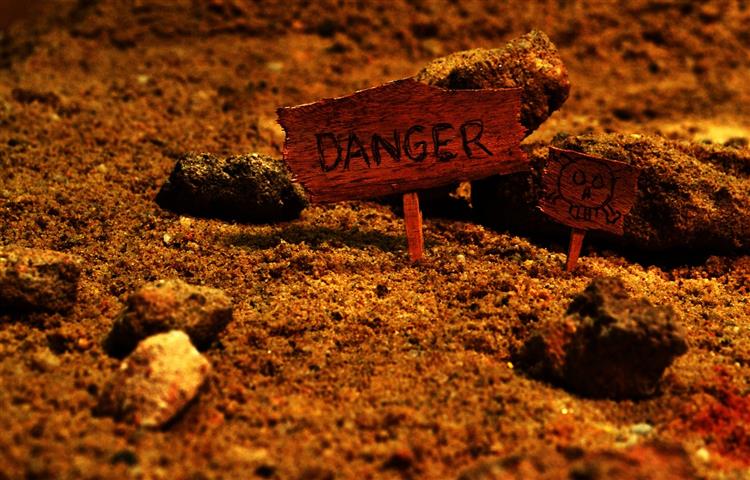You’ve got to go out on a limb sometimes because that’s where the fruit is.
—-Will Rogers
Every project manager understands risks are inherent in projects. No amount of planning can overcome risk, or the inability to control chance events. In the context of projects, risk is an uncertain event or condition that, if it occurs, has a positive or negative effect on project objectives.
A risk has a cause and, if it occurs, a consequence.
For example, a cause may be a flu virus or change in scope requirements. The event is that team members get stricken with the flu or the product has to be redesigned. If either of these uncertain events occurs, it will impact the cost, schedule, and quality of the project.
Some potential risk events can be identified before the project starts—such as equipment malfunction or change in technical requirements. Risks can be anticipated consequences, like schedule slippages or cost overruns.
Risks can be beyond imagination like the 2008 financial meltdown.
While risks can have positive consequences such as unexpected price reduction in materials, the focus of this risk management guide is on what can go wrong and the risk management process.
Risk management attempts to recognize and manage potential and unforeseen trouble spots that may occur when the project is implemented.
Risk management will deliver the following:
- identifies as many risk events as possible (what can go wrong)
- minimizes their impact (what can be done about the event before the project begins)
- manages responses to those events that do materialize (contingency plans)
- and provides contingency funds to cover risk events that actually materialize.
Risk Management Guide Contents
I am exited to bring to you this risk management guide. Although this is only an intro/overview to risk management, much more information will be provided. Let me give you the run down of what is to come:
- Risk Management Guide Contents
- Risk Management Process Overview
- Risk Management Framework: Risk Identification
- Risk Management Framework: Risk Assessment
- Risk Management Framework: Probability Analysis
- Risk management Framework: Risk Response Development
- Risk Management Framework: Contingency Planning
- Risk Management Framework: Types of Risk
- Risk Management Framework: Opportunity Management
- Risk Management Framework: Contingency Funding and Time Buffers
- Risk Management Framework: Risk Control Response
- Risk Management Framework: Change Control Management
All these articles are intertwined and they come together to describe a very powerful and complete risk management framework.
I hope you find the information useful and compelling and I am waiting for your ideas and feedback on the articles.
